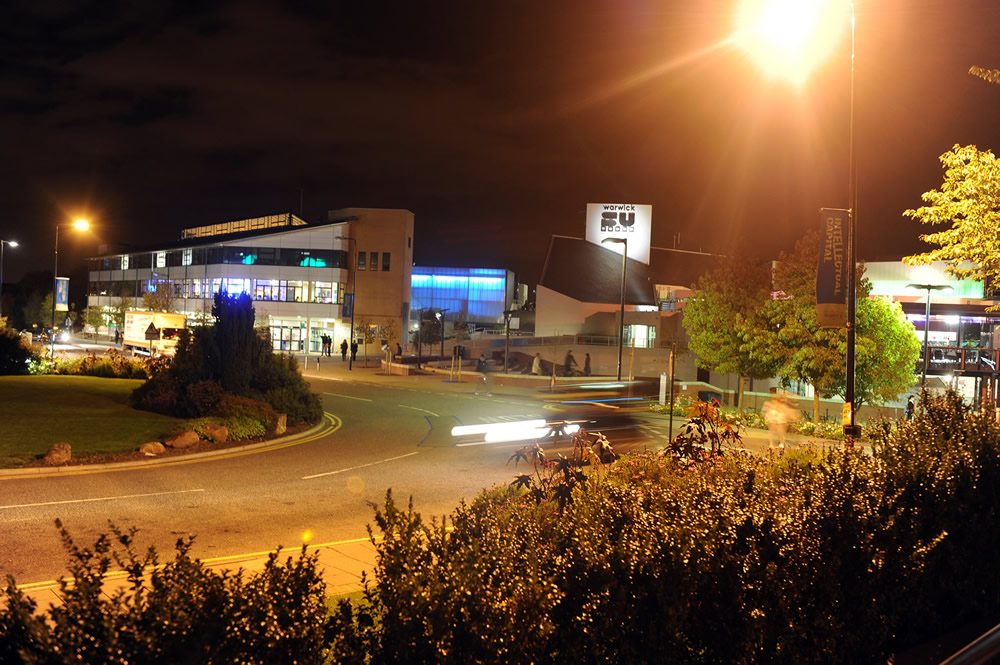SU awarded Green Impact Gold award for the fifth time
Warwick Student’s Union (SU) has been awarded the National Union of Students (NUS) Green Impact Gold award for the fifth time.
The SU achieved an outstanding score of 186 out of 248. This placed Warwick more than 100 points ahead of the national average of 82 points. To reach Gold award level, unions had to fulfil 54 criteria and undergo an on-site audit.
Don Anderson, The NUS Vice President (Society and Citizenship) commented: “I’ve been so inspired to see the continued dedication to driving student-led environmental action this year, and so proud of what unions like Warwick have achieved.”
SU president Ben Sundell commented: “Warwick SU really should be commended for such a fantastic result in the NUS Green Impact Awards, and fully deserves its Gold.”
Only free range eggs, sustainably sourced fish, meat with guaranteed welfare standards and Fairtrade tea and coffee are used in SU outlets.
The carbon footprint has been reduced for the first two quarters of this academic year as total energy usage has fallen for the third consecutive year.
In terms of recycling, waste cooking oil from the kitchens is used as biodiesel fuel and last year the SU recycled 773 reams of paper.
This year more than 100 students’ unions were involved in the Green Impact projects which ranged from tacking the decline in honey-bees to setting up ethical credit unions.
Green Impact is a programme run by NUS that aims to encourage student-led improvement in ethical and environmental practices.
Anderson explained the aims of the organization: “It is more than just making sure students’ unions building cut down on waste and save energy. It’s about embedding habits in students which last for a lifetime, and getting them out into their communities”
Despite the positive environmental work, the Gold award was jeopardised by a lack of student support in the ‘Snap it off’ campaign.
Warwick SU failed to have the minimum of five students upload photos pointing out where energy could be saved on campus to the Snap it off website. Nonetheless, the environmental team were able to get students involved through their webpage and Facebook page.

Comments